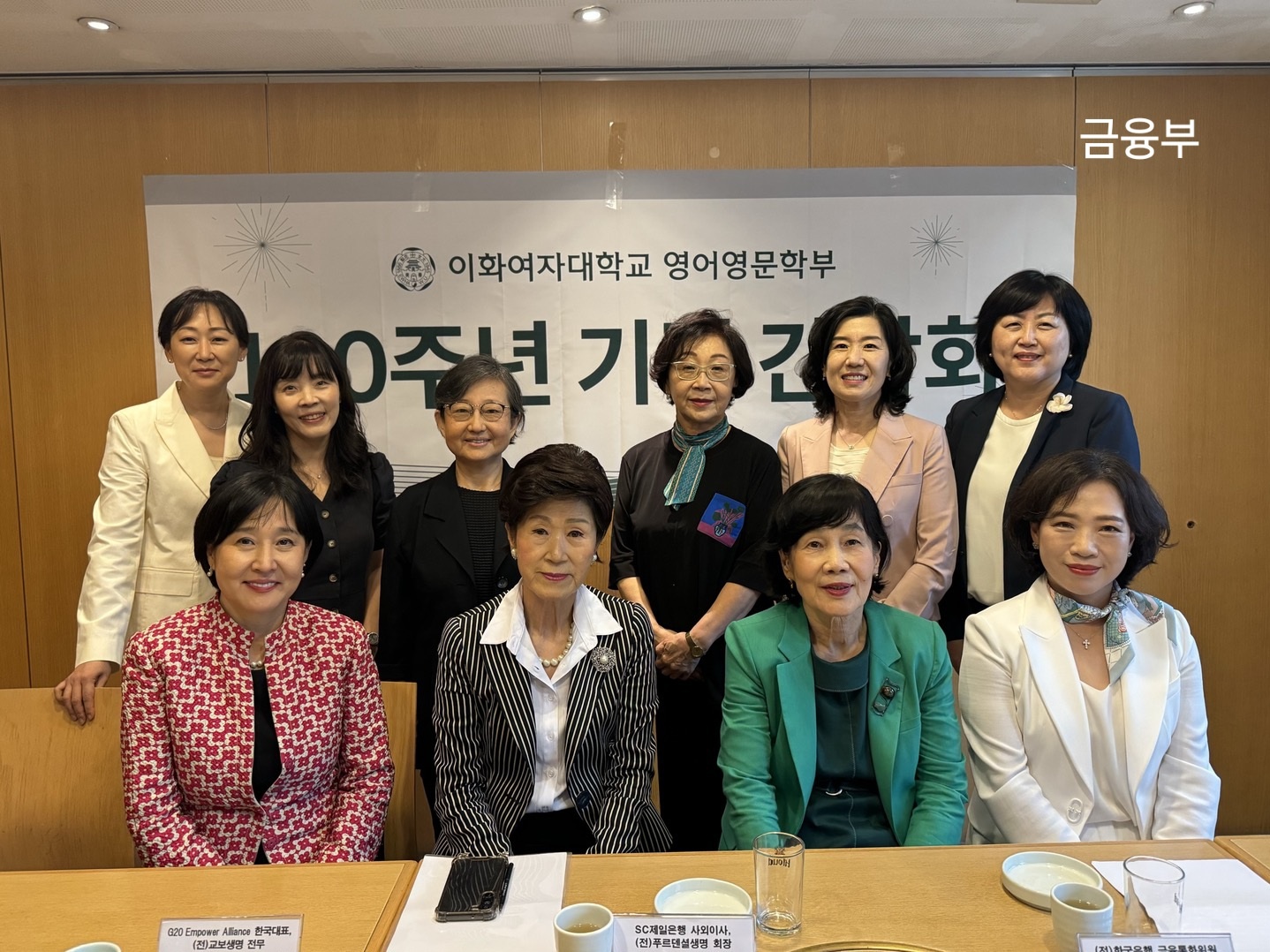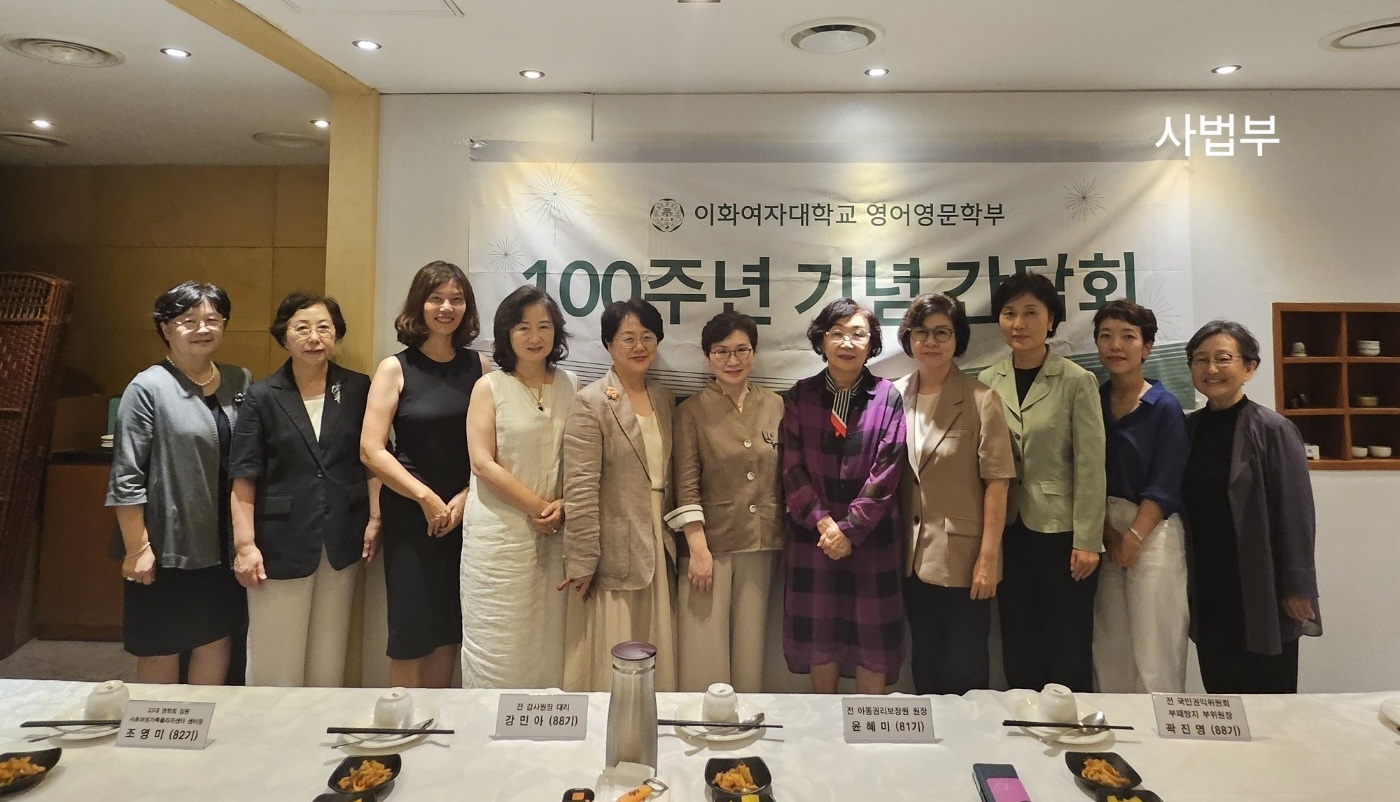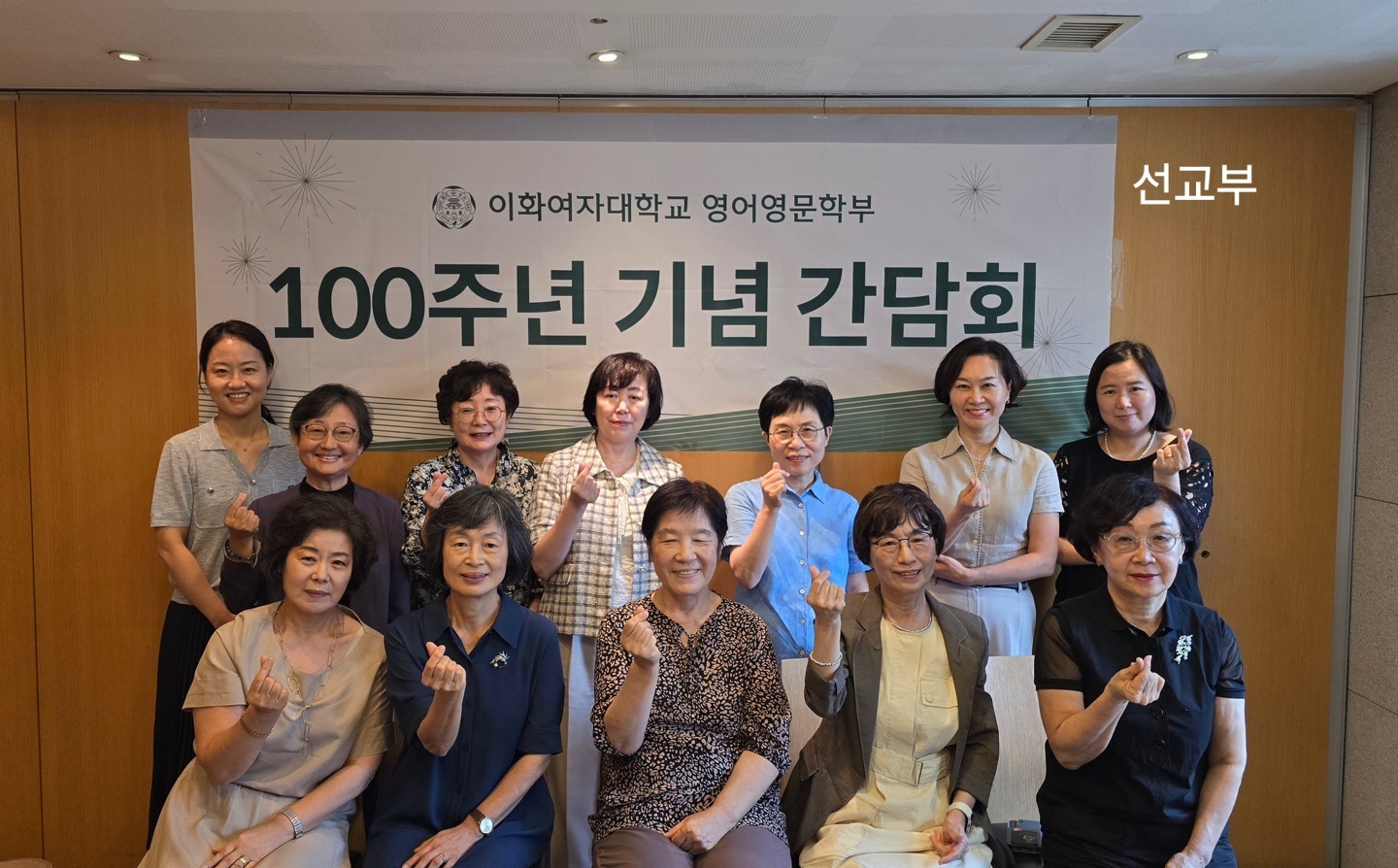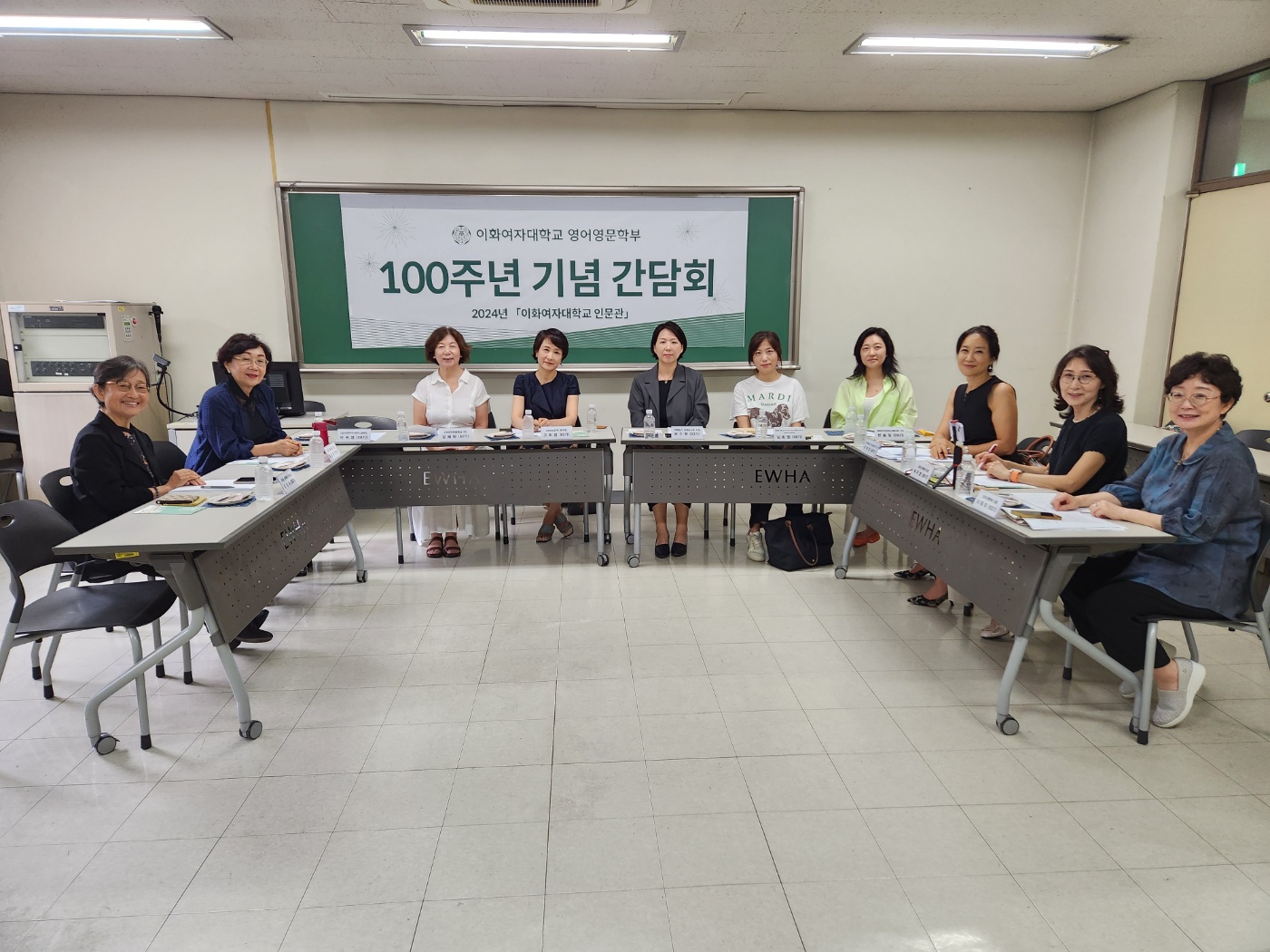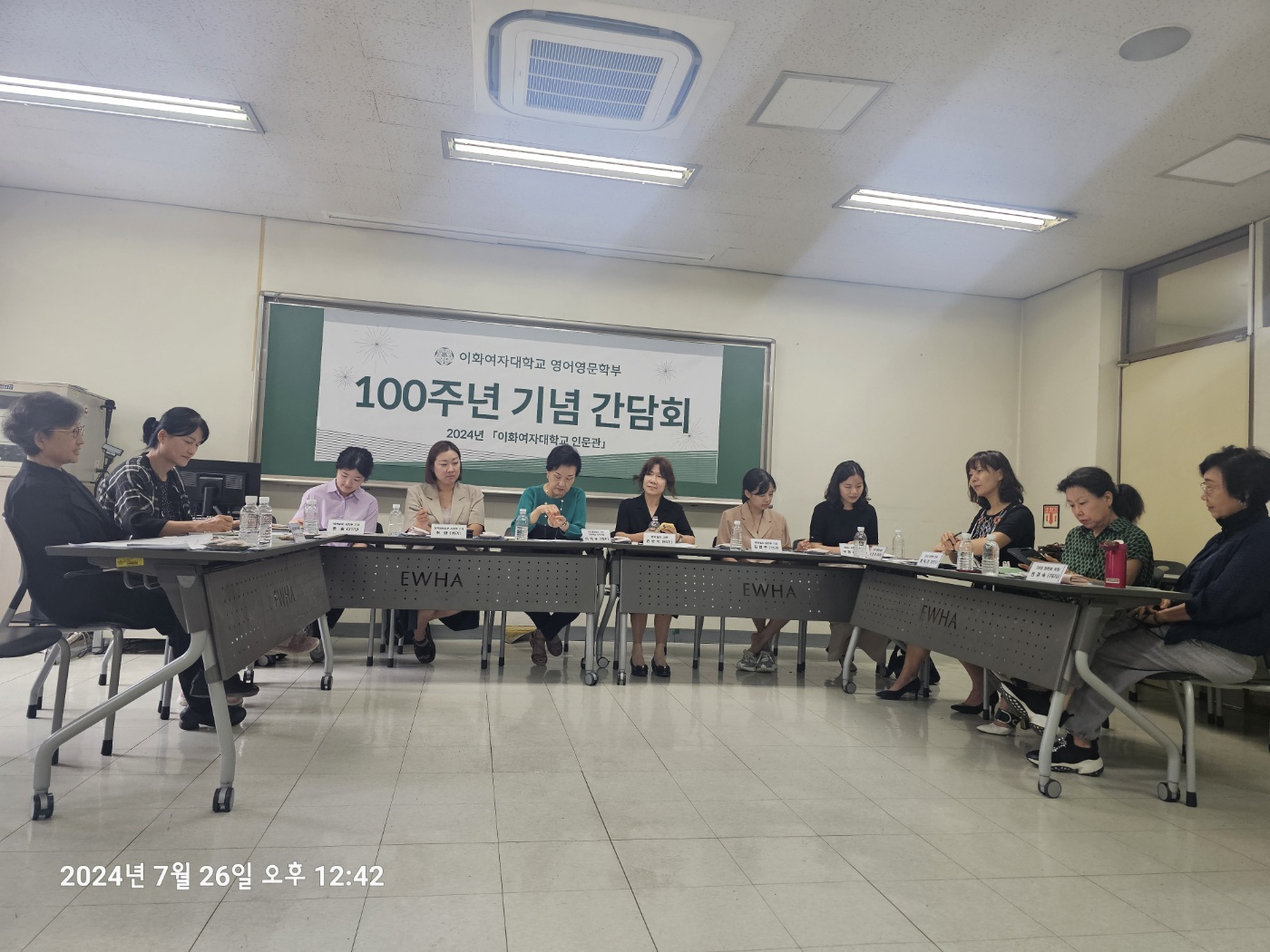Statement of Senator Sam Brownback on Human Rights in North Korea
페이지 정보
영학회 메일보내기 이름으로 검색 ( )
작성일2004-09-19 13:17
조회19,016회
댓글0건
)
작성일2004-09-19 13:17
조회19,016회
댓글0건
본문
Statement of Senator Sam Brownback on Human Rights in North Korea
Statement of Senator Sam Brownback
“Human Rights In North Korea”
The Simon Wiesenthal Center, Los Angeles
Chairman, Subcommittee on Asia Pacific Affairs
Senate Foreign Relations Committee
September 13, 2004
Thank you for that kind introduction Rabbi Cooper.
Mayor Hahn, thank you for your leadership in this great city of Los Angeles and for your commitment to all of its citizens and their concerns.
To the Simon Wiesenthal Center, the Board of Trustees and its members, thank you for inviting me here today to talk about human rights in North Korea. I can’t think of a more fitting place than this place bearing the name of the man who represents the conscience and voice for not only the Holocaust's 6 million Jewish victims but for the millions of others who perished under the Nazis.
I also commend the Center for its work and advocacy on behalf of others, whether they are displaced people in Sudan, refugees from North Korea or the school children in Breslan, Russia. By your example, you give proof to the idea that the human heart has an infinite capacity for compassion.
Before I continue with my remarks, let me take a moment to thank those of you here who have worked so hard for passage of a North Korea bill. There is much left to do, but we wouldn’t be here today if you weren’t out there at the grassroots level.
Some of you stood for hours outside grocery stores and street corners collecting signatures on petitions calling attention to the plight of North Korean refugees in China. I know this because many congressional offices, including mine, were flooded with those petitions.
I received one set of petitions with thousands of signatures from eighteen different states. That is no small feat.
I even received a petition initiated by a small Korean Church in Yankton, South Dakota, of all places. The petition contained only 38 names but they represent 38 people committed to the cause. I say to those of you who took the time to gather each of those signatures, your efforts make a difference.
There are those of you, who as members of the North Korea Freedom Coalition, tirelessly worked the halls of Congress. People like Suzanne Scholte, Mariam Bell and Sandy Rios, just to mention a few. You and your organizations have been passionate advocates for human rights not just for North Koreans but for millions more around the world.
Others from the Coalition, people like Mr. Jae Lee and Sin-U Nam, toiled for many years on this issue long before Congress even took notice.
Your efforts also inspired others, especially the younger generation, like Adrian Hong who took the initiative to organize a collegiate network called LINK, Liberation in North Korea, which now has chapters across the country; or Charles Hahn who regularly engages in verbal battles over local radio stations here in Los Angeles to debate the North Korea bill; and Phillip Song of the Korean Churches Coalition who together with the KCC leadership has managed to pull together an impressive group of Korean churches and organizations from across the country for a convention later this month in Los Angeles.
I am delighted with the younger generation’s accomplishments, but remember that you stand on the shoulders of your elders who came to this country before you and built what you have today. You’ve used the advantages given to you in the most noble way, by engaging in work to help your fellow human being. And no one more so that my foreign relations director, Sean Woo.
All of you do this and make the necessary sacrifices because you also know that there are hundreds of others like you who regularly risk everything they have.
They give shelter to North Korean refugees in China or help navigate them through an underground railroad network across China to third countries like Vietnam, Thailand, Cambodia and even Mongolia. Being from Kansas, I know a little something about underground railroads and how dangerous they are to operate. Our State’s founding was in pre-civil war and many abolitionists risked everything to free the slaves.
Who can forget the harrowing experience of Pastor Chun Ki Won in his journey across Mongolia with a group of refugees? Their work, much of it unknown to the world, led to the kind of dramatic airlift of nearly 460 refugees out of Hanoi to freedom in Seoul.
Many of these people get arrested and some continue to languish in Chinese jails, although I was pleased to hear that Mr. Kim Hee Tae was recently released and that others are expected to be released soon.
I continue to press the Chinese on those still in jail and will continue to do so until they are all released.
There are also those who having escaped from North Korea under the most difficult circumstances yet refuse to stay silent. People like Soon Ok Lee and Kang Chol Hwan who courageously exercise their right to free speech by speaking out about life in North Korea. Your courage is an inspiration to all of us.
And all of you do this and will continue to do so until the 22 million people in North Korea are free and the hundreds of thousands of refugees in China no longer have to live in fear.
During the course of this event today at the Wiesenthal Center, you will hear from defectors, see documentaries and exhibits about how the people of North Korea continue to endure some of the most appalling assaults on the dignity of human beings.
We know about the crimes of the Kim regime not because they were brought up during one of the sessions of the six-party talks, and certainly not because the policy of detente by South Korea, the so-called Sunshine Policy, put a spotlight on it.
We know about these atrocities because people like Norbert Vollertsen, Douglas Shin, and Kim Sang Hun, among others, made it almost impossible for the world to avoid ignoring the plight of North Koreans and the people who help them.
Some may call your tactics unconventional. But the important thing is that they work.
Recently, a leading member of the Assembly in Korea said to me in my office that the North Koreans fear criticism of their human rights violations more than criticisms of their weapons of mass destruction programs.
The North might be able to play shell games with their nuclear ambitions, but even they know that they can’t hide from the shame of the crimes committed against their own people.
Inside North Korea, people suffer at the hands of a totalitarian dynasty that prohibits all dissent and strictly controls speech, press, religion, and assembly.
The regime maintains a brutal system of prison camps that house an estimated 200,000 political inmates who endure slave labor, torture, and as you will find out today from the BBC documentary, even lethal chemical and biological experimentation.
As you know well, hundreds of thousands of refugees are hiding inside China, which currently refuses to allow the UN High Commissioner for Refugees to evaluate and identify genuine refugees among the North Korean migrant population.
China forcibly returns North Koreans to North Korea, where they routinely face imprisonment and torture, and sometimes execution. Women who give birth in prison see their own being murdered if the father is suspect. And inside China, North Korean women and girls are trafficked for sexual exploitation.
The Bush Administration and key officials like John Bolton and James Kelly have been articulate and forceful critics of the regime in Pyongyang. The President has done a tremendous job of bringing others together in an effort to get the North Koreans to renounce their nuclear programs.
But we must do more, and my hope is that the North Korea Human Rights Act will give the Administration the necessary framework to move the human rights agenda forward.
What the United States must do in future negotiations is to challenge the North Korean regime over ideas and values that are important to us and the free world. We should insist on human rights and the inherent dignity of each human being.
We should not accept an engagement policy that is based strictly on subsidies and guarantees of stability while turning a blind eye to the regime’s gulags and human rights abuses.
Unfortunately, that is what I believe the South Korean government is doing. Its Sunshine policy, instead of putting the spotlight on the regime, actually goes out of its way to hide the awful truths about the country. And the government’s policies and comments appear to be calibrated to avoid irritating the North.
Meanwhile, South Korea is increasingly becoming a major donor of humanitarian assistance to the North and is subsidizing the Kim regime with hundreds of millions of dollars in various “economic” projects. But there is neither transparency about where the food aid is going nor is there any economic strategy about how the assistance will help the people of North Korea. It’s not clear how such a policy will benefit the people of South Korea, let alone the Korean people in the North.
What everyone is increasingly beginning to suspect – even among the younger generation in South Korea – is that this flow of good and money into the North is simple extortion by the North, blackmail based entirely on fear.
There is in South Korea today a pervasive sense of fear, about the economy, competition from China, and of course, fear of the North and its nuclear program. After all, the two countries engaged in a brutal war more than 50 years ago in which millions of civilians and thousands of U.S. and Korean troops died.
And for those of you in the audience who went through that tragic experience, you know better than anyone what a war on the peninsula means.
But you also know that as long as we continue to live in fear, it will be difficult to summon the necessary courage to do the right thing.
Some of you will remember the same kind of fear that existed during the cold war. The United States and the free world were locked in a nuclear stand off with the Soviet Union.
But then President Nixon and people like Vaclav Havel and other freedom fighters did not cave into a deal with the Soviets out of fear or diplomatic pressures.
Instead, the US broadened the engagement agenda in the Helsinki Accords by making the Soviet regime's human rights practices a legitimate item for discussion.
The Soviets at the time, much like North Korea today, faced challenges to the legitimacy of their system of governance and their very survival. Their economy was also in shambles.
We gave them what they wanted, their security for peace, but with a caveat: that we would have free rein to rescue any man or woman in jail in violation of their basic human rights.
The threat of nuclear war was always there and we dealt with it through strength, but we never turned a blind eye to the fundamental rights of the people.
Back in 1994, we had a similar opportunity to deal with North Korea and to drive a hard bargain. The regime was facing a massive famine and with assistance from Russia drying up, it was also near collapse.
Yet the Clinton Administration at the time chose to save the Kim regime from the brink of collapse because they believed that the North Koreans would use any assistance from the United States to save its own people.
Instead of driving a hard bargain under the Agreed Framework, we plied the regime with hundreds of millions of dollars in assistance including heavy fuel oil and the construction of two light water reactors for peaceful purposes. No transparent process was worked out by which we could verify how that assistance was going to be used nor was there a reliable strategy for dealing with how we would monitor the regime’s nuclear activities.
We know today that much of that assistance was diverted to the military. And the North Korean government continued their development of nuclear weapons, in spite of an agreement that they would cease developing nuclear weapons. In ranch country, we call that “buying a dead horse.”
But here’s where we made the biggest mistake back in 1994: there was not a single word in the text of the Agreed Framework dealing with human rights.
That’s why the Kim regime was able to get away with the death of more than two million people from famine, drove hundreds of thousands of refugees into China, and threw those who got caught or challenged the regime into gulags.
We will not make that mistake again.
But, we are now beginning to hear stories about market stalls and kiosks appearing in Pyongyang, and this has generated a lot of interest.
Many are saying that this a sign of the first tentative steps toward a market economy and that perhaps the regime is willing to try other strategies. In fact, North Korean authorities make a special effort to steer visitors to these markets.
These changes are now encouraging some in Congress to call for resumption of economic assistance, maybe even lift economic sanctions.
We fell for a similar trick once before. We won’t fall for it again.
For those interested in a case study of what an open, free and democratic country can achieve compared to one that isn’t, just look at the divergent path the two Koreas took almost 50 years ago and where they are today.
If you see satellite photos of the peninsula at night, the difference is literally night and day. The southern half is lit up like a Christmas tree and the northern half is completely dark.
Today South Korea is the 12th largest economy in the world; the North ranks near the bottom.
South Korea’s products are sold around the globe; the North is better known for drug trafficking, counterfeiting and arms trading.
The South is open, free and democratic, the North is not.
Now I want to speak directly to the South Korean government and the Korean people in the South. What could be more noble than to stand up for the human rights of your brothers and sisters? North Koreans are Koreans, they are a part of your family. When a family member suffers, they need the rest of the family to come to their aid.
Koreans in the north live in a society where they are not allowed to speak the truth. They need your voice to tell the world their pain. They need your help.
I pray for our friends in the South, that they will find confidence in what they have built instead of fear about the North.
I pray that they will open their hearts and that they would without fear or intimidation but with confidence tell the story of what it means to live in an open society that is free and democratic.
I pray that our friends in the South would not get in a position of appeasing the North which never works; instead of declaring the atrocities of the regime in Pyongyang.
I pray that our friends in the South would reach into their hearts and search for that faith in a just and forgiving God, a faith that at one time in their history made Pyongyang the Jerusalem of the East.
Let me say to our friends in South Korea, that more than the United States, you are in the best position to tell your compelling and moving story.
Do not be afraid to talk about what it means to be able to petition or criticize the government without fear of retribution. Do not be shy about telling others how you are able to exercise your freedom to travel, of religion and press and assembly.
To Korean leaders in the north, I say either radically alter your society allow your people to live free or face the consequences of how you have treated your own people. No amount of blustering about nuclear weapons can hide what you have done to your own people.
Somewhere in North Korea, as in countless countries around the world, there is a child waiting to be born. That child will enter this world with the same expectations and wonder as any child in this country.
If we do nothing for that child and accept the argument that it may take twenty, thirty, even forty years before we can change things in North Korea, then we will have condemned that child to live most of his life without any hope for the future, just as her parents have been for the past fifty years.
Yet, I believe it will be different for that child. We read in Leviticus (25:10) that after fifty years of captivity, people are to be set free. The people of the north have been captive for 50 years. It’s time they be allowed to return to their families and be free.
There is a quote attributed to a German philosopher, although I think it’s Jewish in origin, that continued life means expectations. That’s what life is about, expectations and hope. And in an open, free and democratic society, those blessings endowed to us by God are possible.
Let’s work to bring that same hope and expectation for the people in North Korea. I ask each and everyone here today to make a renewed effort to bring pressure upon the Congress to pass the North Korea Human Rights Act. Each of you can make a difference and in the process change the life of a child somewhere in North Korea waiting to enter this world.
Thank you and God Bless you.
댓글목록
등록된 댓글이 없습니다.


